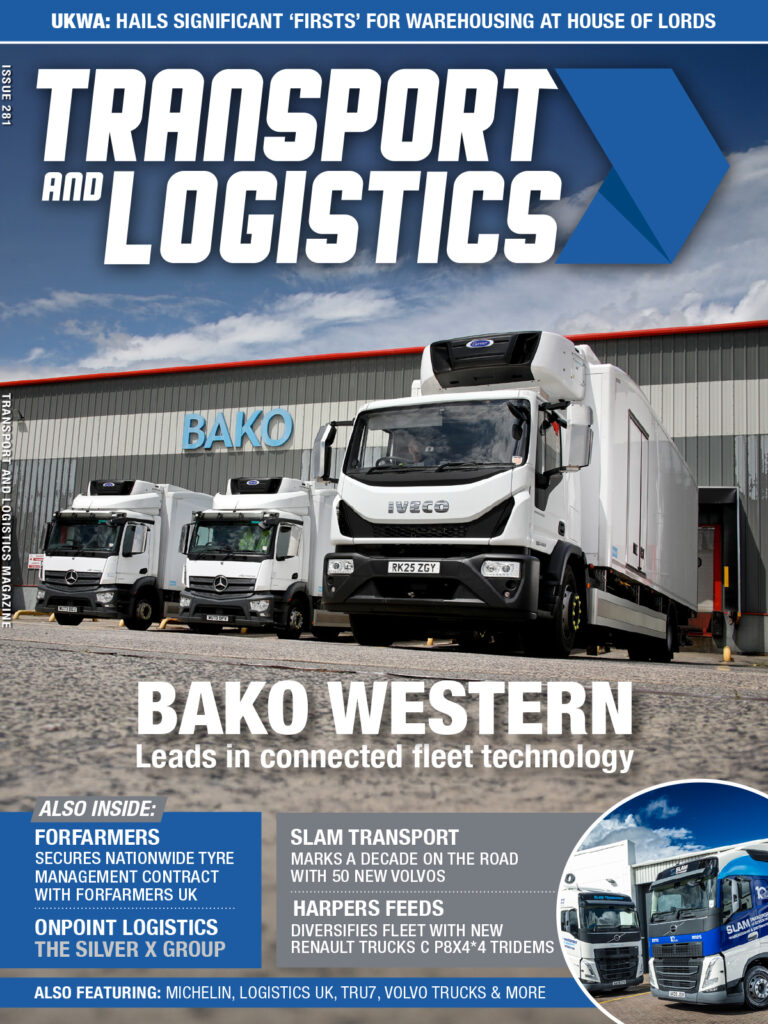The logistics industry being saved from another rise in the amount of financial standing that is required for operators to carry on trading next January. Due to the increased strength of the pound in September, a small number of weeks has saved the industry from the standing rise. However, in response to this potential rise, the Freight Transport Association, or FTA has said that the UK should be setting its own rate, if not having a thorough investigation and rethink of the financial standing system, for a process that better works out if logistics operators are operationally viable after Britain leave the European Union.
At the moment, the requirements for financial standing is a system that works to ensure that operator licence holders have the right amount of reserves in place to prevent cuts in vehicle maintenance in order to make cost savings. For those holding a standard operating licence, the European Law states that is requires a bank reserves of €9,000 for the first vehicle and €5,000 each for every subsequent vehicle. For countries in the EU which do not use the Euro, these rates are then assessed against the exchange rate of the local currency. This assessment takes place every October, therefore the boost to the value of the pound in September came at the best time for the UK.
With a transition period or without, when Britain leave the EU it would be strange is the UK road transport industry continued to implement a financial standing in Euros after Brexit. The UK Government would have to carry out consultations with the industry as well as select a new level to judge businesses by in order to make sure that operators are able to plan in an effective manner as well as manage their cash flows accordingly.
The Government should be taking Brexit as an opportunity to look at the purpose of financial standing and assess how effective such a measure is in the 21st century, as well as altering the measure to sterling.












